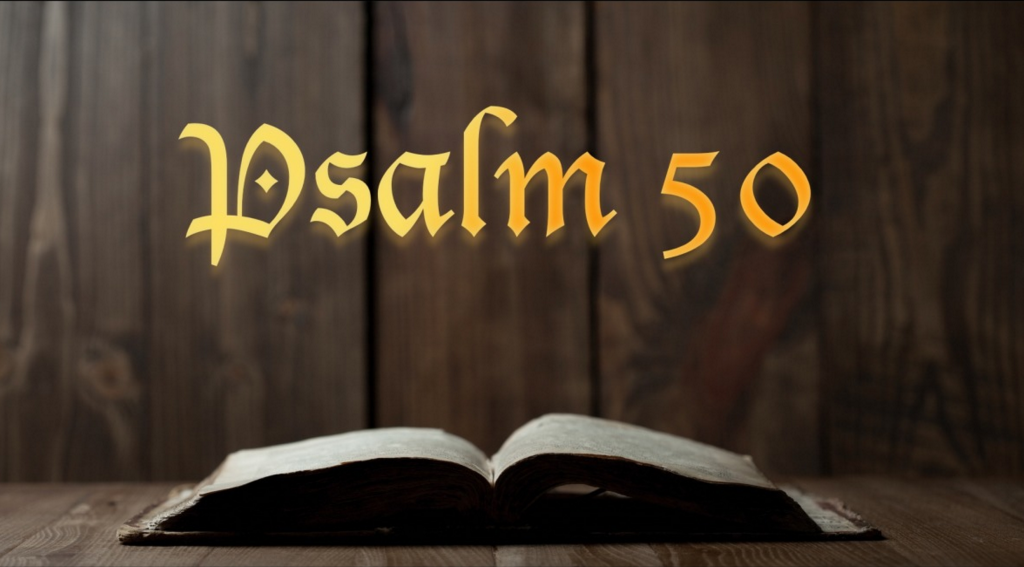Q. So Lent is primarily to prepare for Easter Sunday?
A. Correct.
Q. And the three biblical counsels to prepare for Easter Sunday are fasting, prayer and almsgiving?
A. Correct.
Q. OK. So we've chatted a bit on the fasting; there are some ideas you've given me I'd like to try for my Lent; maybe now we can chat a bit about the prayer part of the three counsels.
A. Sure! Where do you want to begin?
Q. Hehe! From the beginning as always!
Is there like a recommended prayer for Lent?
A. Ummm... I haven't heard of any... I'd have to ask...
Q. OK. Is there like an all-time super-important or "appropriate" or "recommended" prayer that is a good idea to offer up during Lent?
A. Three come to mind for slightly different reasons...
First is the Mass: the highest prayer of adoration, contrition, thanksgiving and supplication (petition). Some theologians prefer to label it an action rather than a prayer because at its heart is the eternal, perfect and unrepeatable sacrifice of Jesus to His Father and to which we unite ourselves and our acts of adoration, contrition, thanksgiving and petition. Others argue that if prayer is speaking to God and if our acts of mortifications are acts of "prayer of the body", then the Mass too is a prayer.
So for Lent, one of the best prayers you can offer up is the Mass. Attend Mass as often as you can in these 40 days, starting with Sunday Mass!
Second is the only prayer that bears Jesus' name: the Lord's Prayer. You could try repeat it often in these days of Lent. And not just because it bears Jesus' name, but because it is the most perfect or most complete in terms of things we should say to God or ask from Him. Repeat it frequently throughout the day whether on its own or integrated in other prayers like the Holy Rosary. Repeat it when you're waiting for your matatu or when you're waiting to fall asleep or when you are booting your computer or while you're showering and dressing up or while in traffic... Repeat it often.
Third is a prayer or song that appears frequently in the Responsorial Psalm at Mass these days: Psalm 50 (51). The "Miserere" or "Have Mercy (on me)", composed by King David after the Prophet Nathan helped him realise just how grievously he had sinned against God by taking Bathsheba as his wife.
These are my suggestions.
Q. Cheers!
7thMarch 2017
